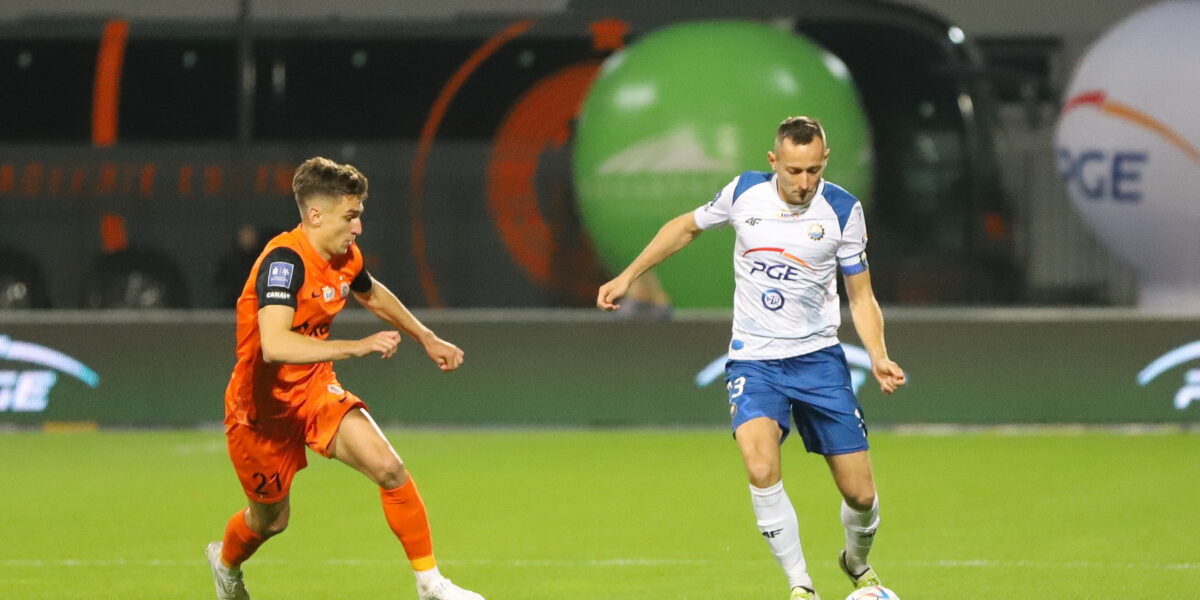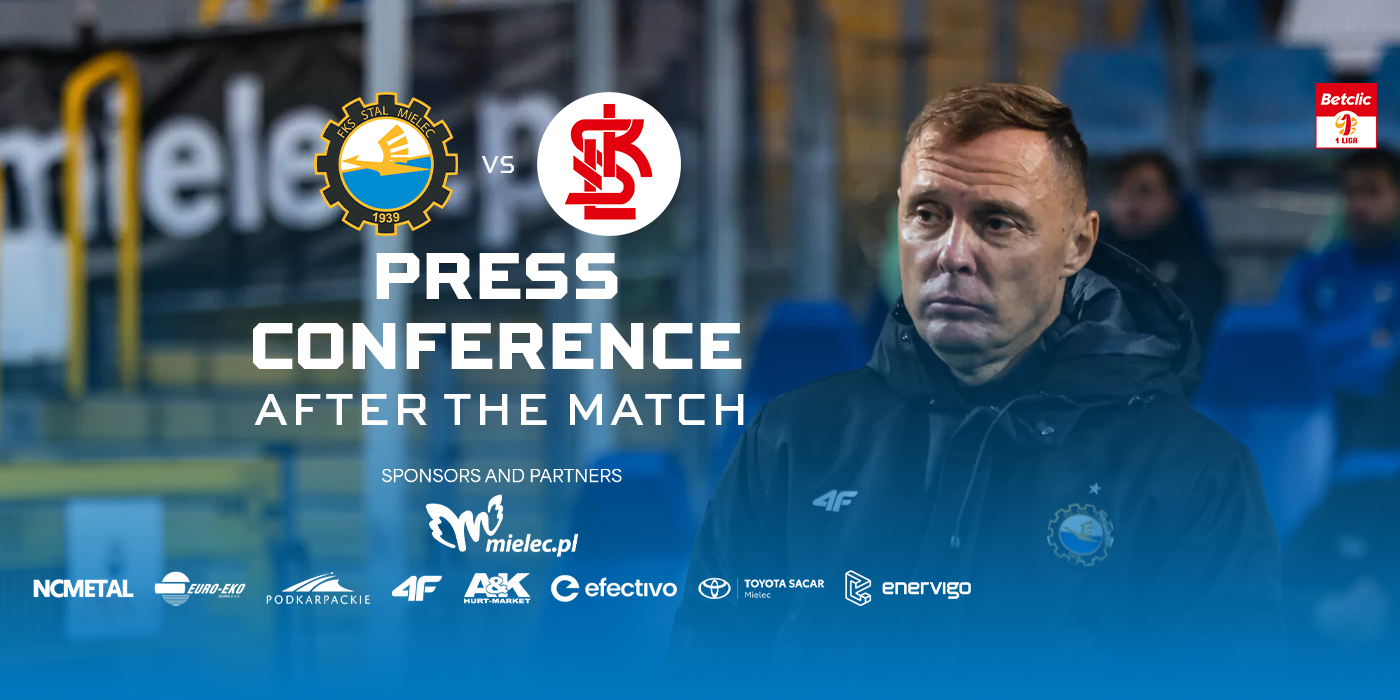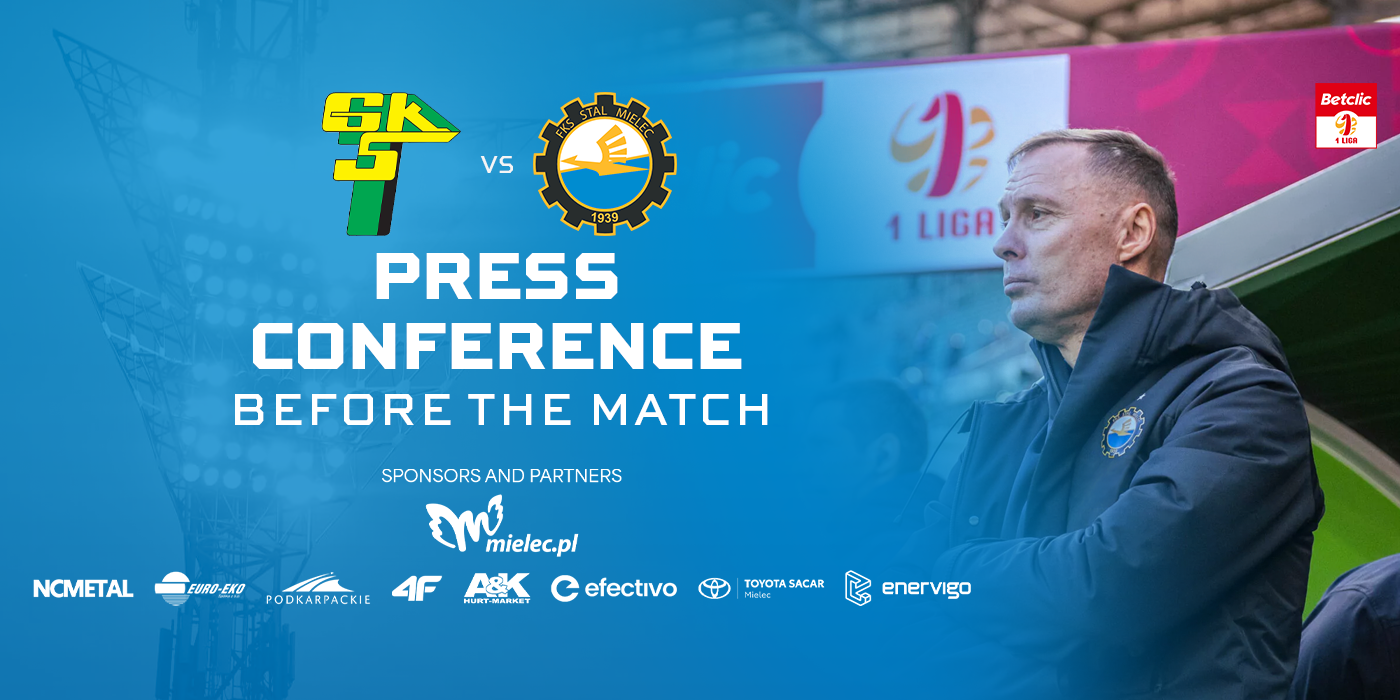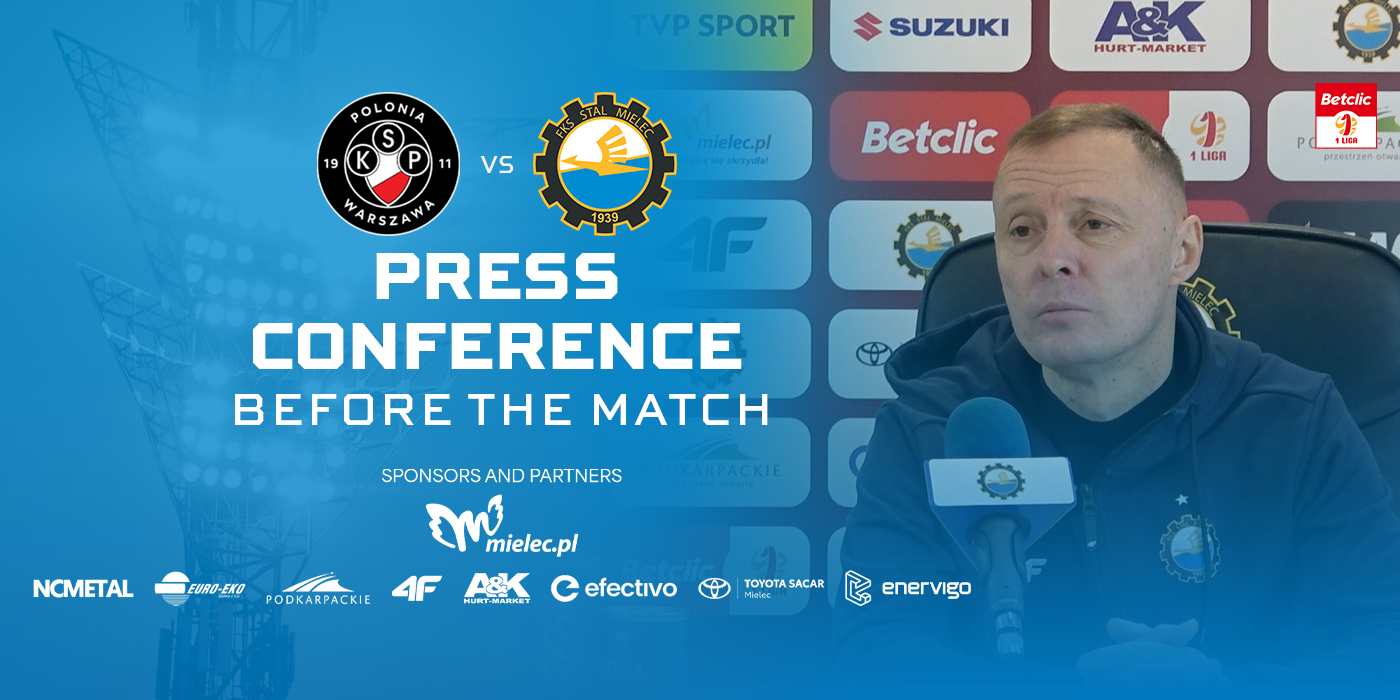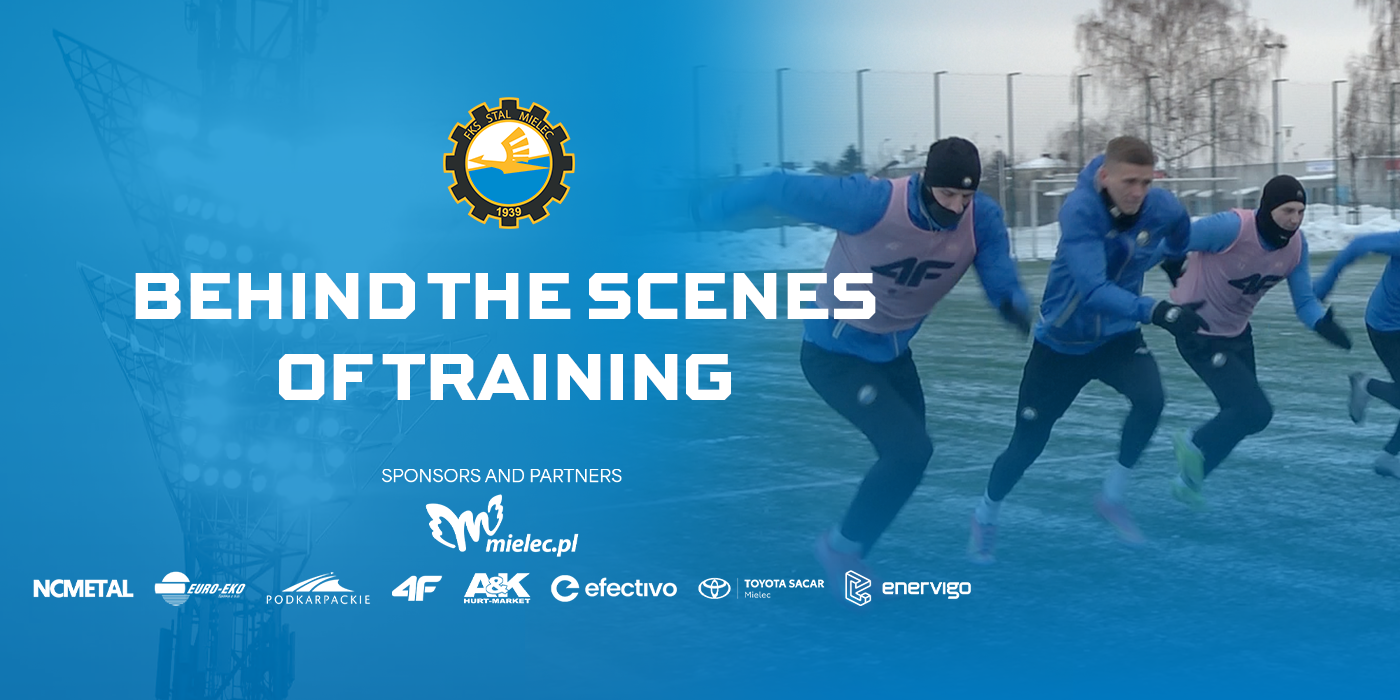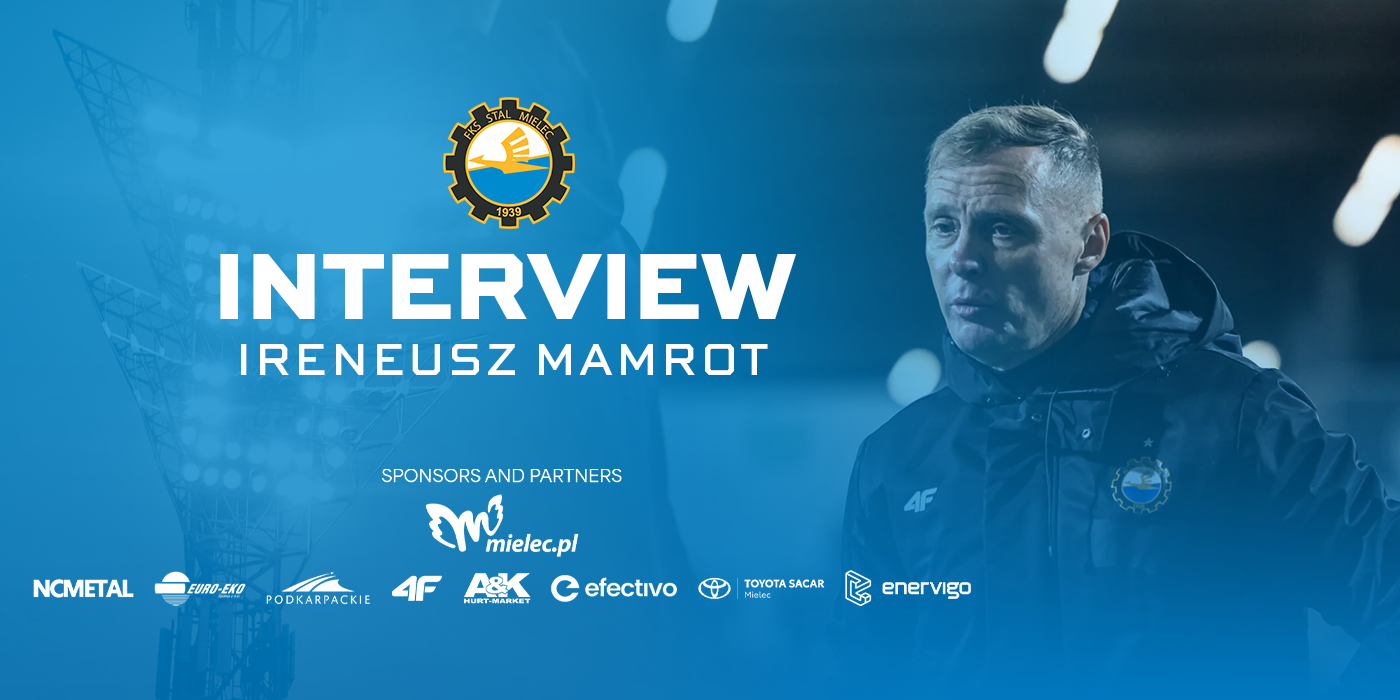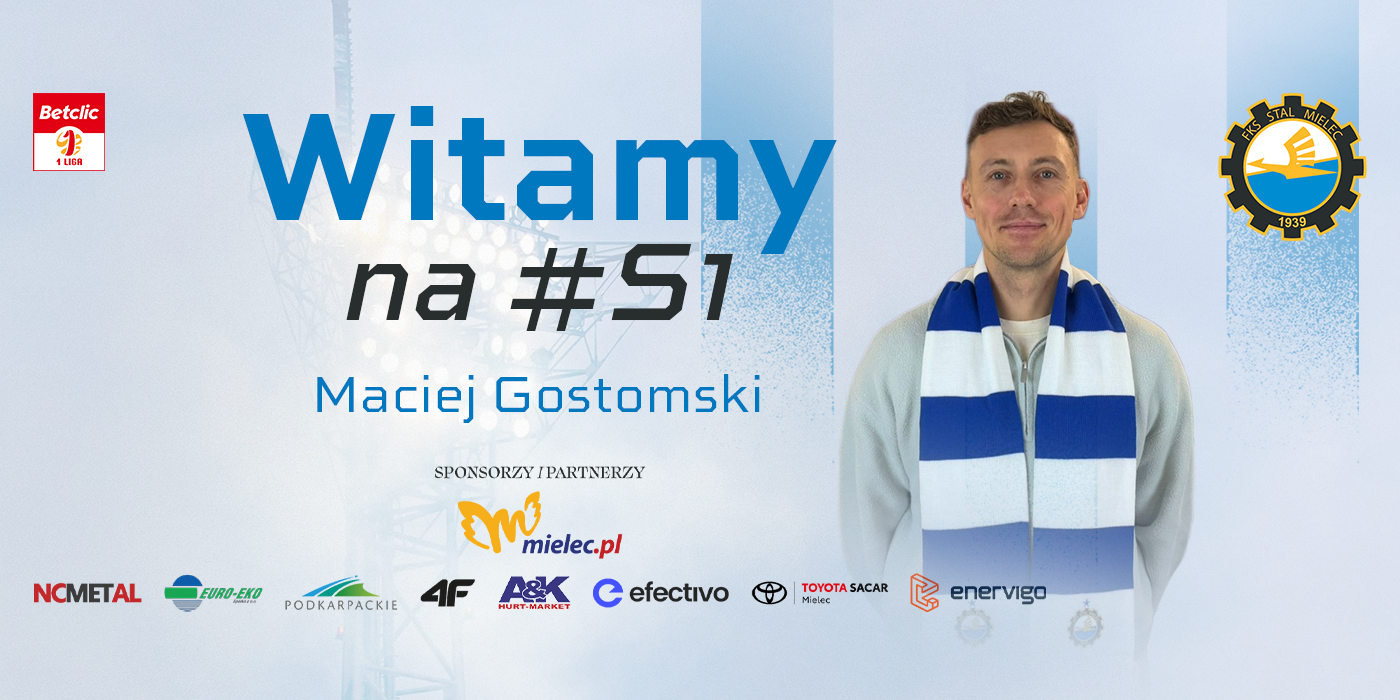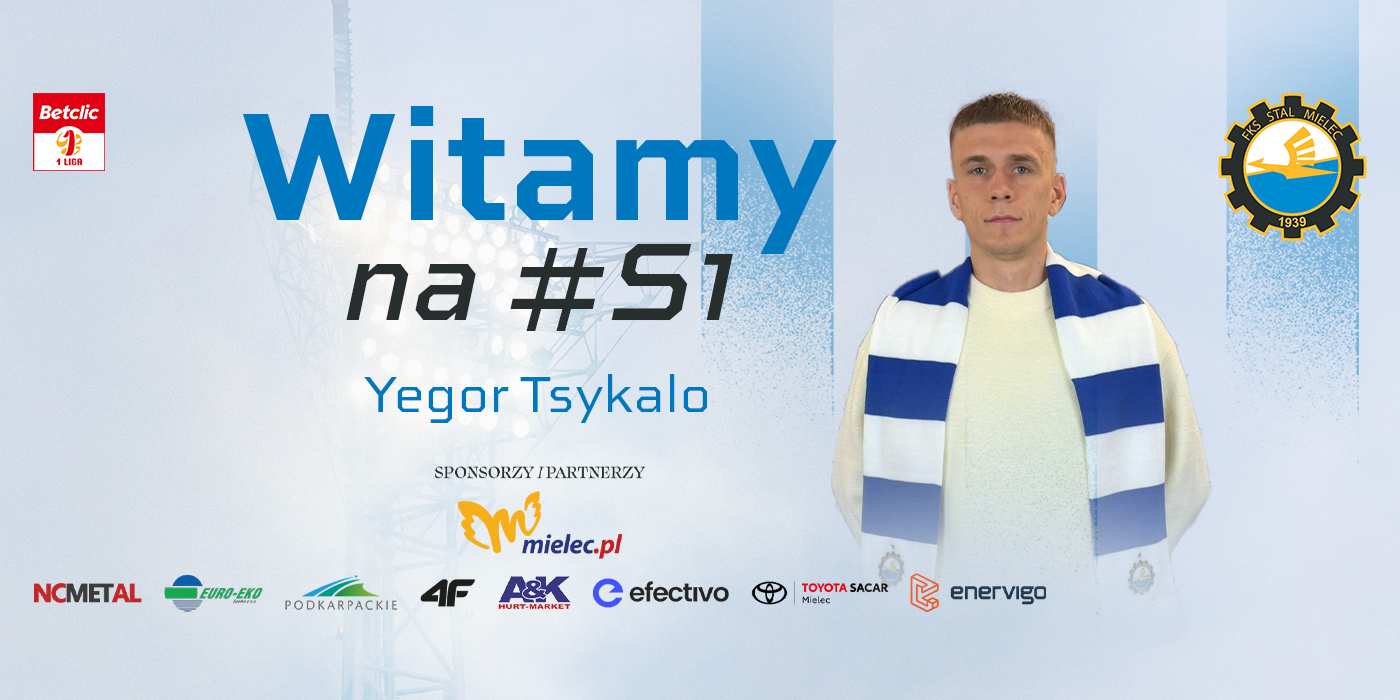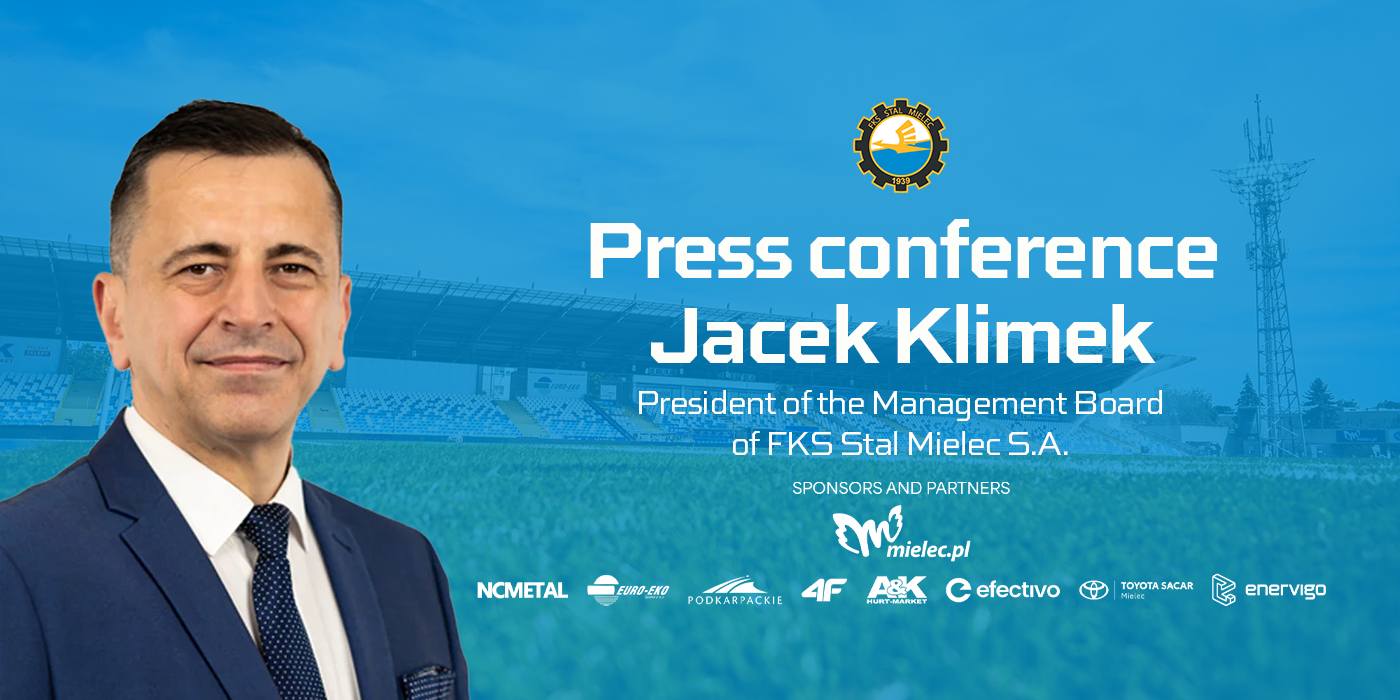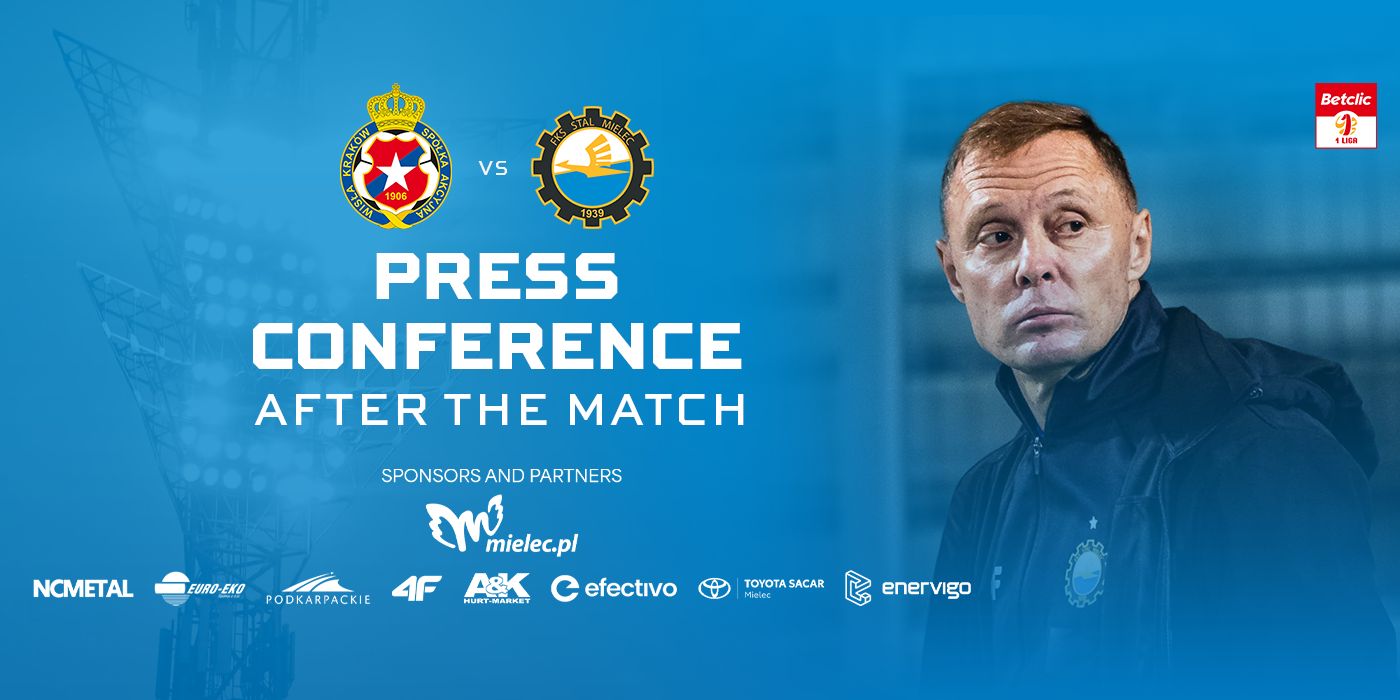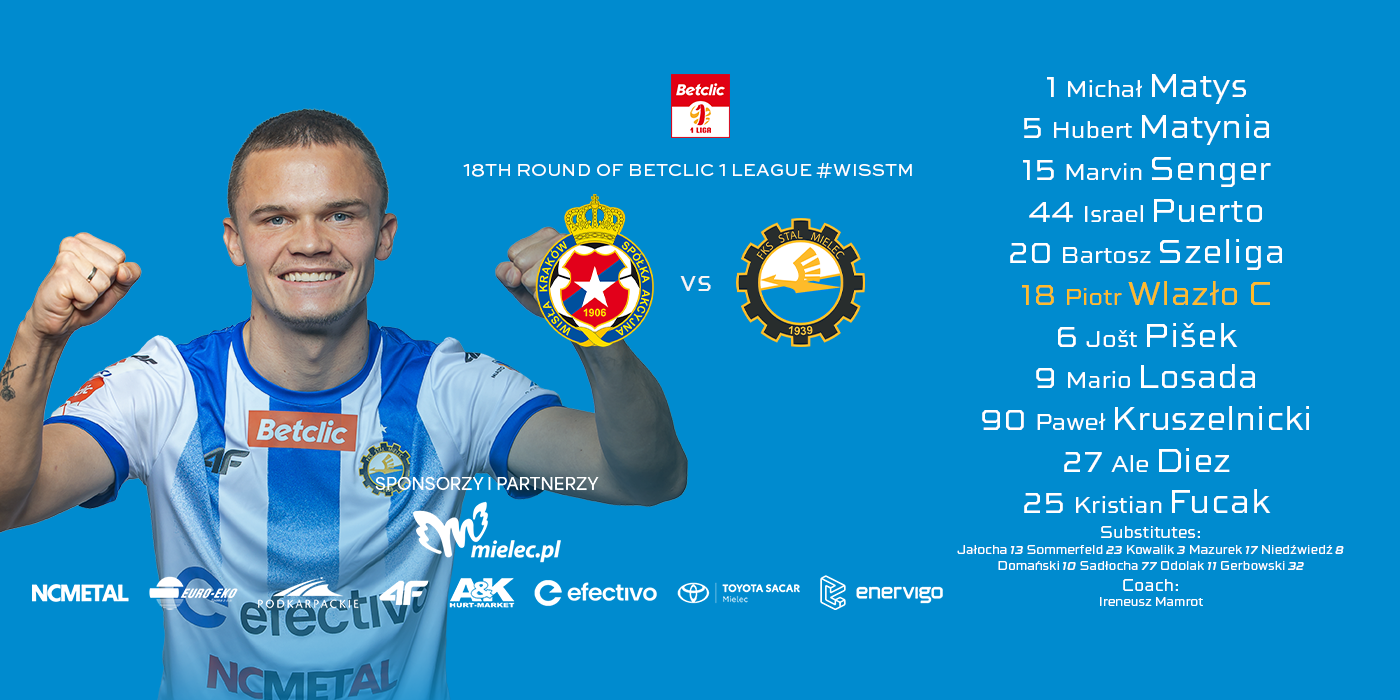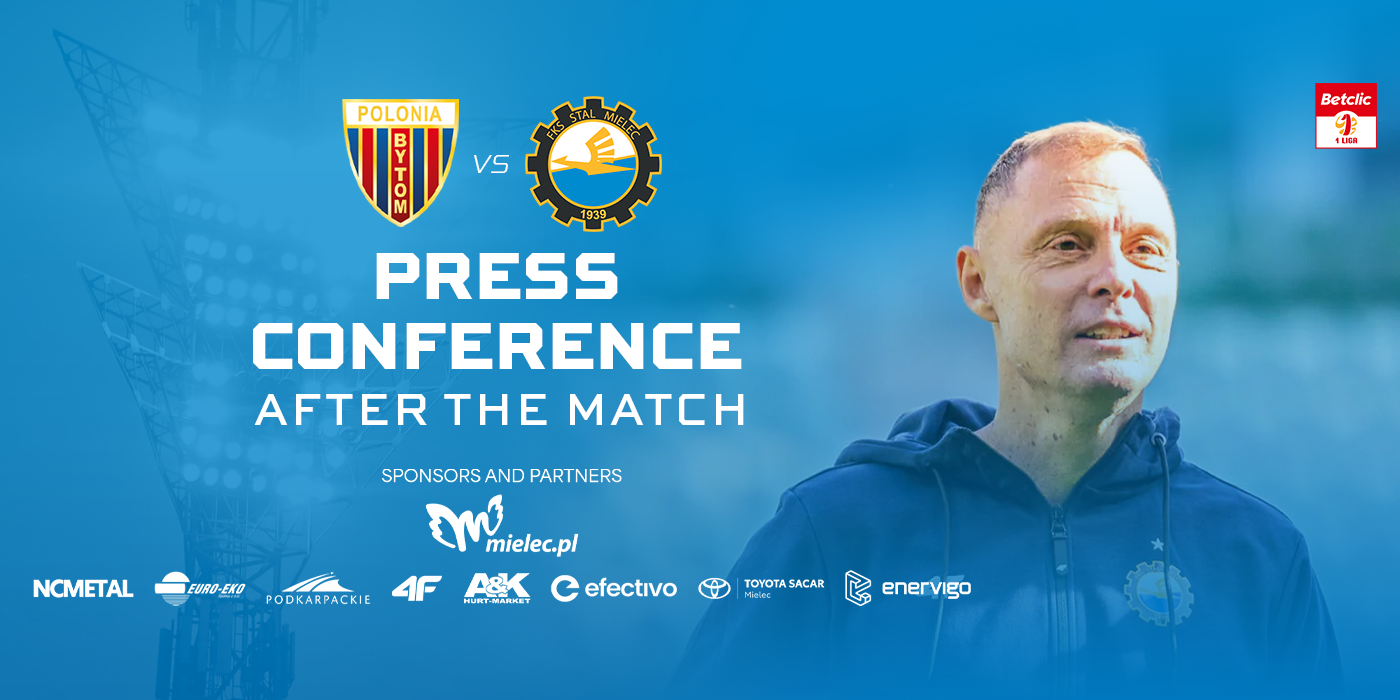Three years after this event, under the leadership of coach Florian Krygier, the team made its first, historic promotion to the highest competition level in Poland, the Liga. For the next two seasons, the Port players finished 10th and 12th (out of a possible 12), and so, in 1960, were relegated. The following years were full of ups and downs. Rapid relegation and promotion. Eventually, after promotion in 1965/66, Pogoń were not relegated for another 13 seasons – the longest continuous period of Pogoń in the league. Pogoń’s most successful season to date was in the 1980s. They reached the domestic cup final twice, both times losing to Legia and Lech. They also made their European debut at that time. They played their first historic match in Europe, specifically in the UEFA Cup, against Germany’s FC Koeln. The team from Szczecin also made two appearances in the Intertoto competition, winning the group twice and beating, for example, Germany’s Werder Bremen and Sweden’s Malmo.
At the turn of the millennium, a very difficult time began for the Szczecin team, mainly due to the withdrawal of their main sponsor. A new investor was found, Mr Sabri Bekdas. His policy was based on bringing in football stars to the club for a lot of money, which was supposed to guarantee a sporting result. Bringing in, for example, Olga Salenko (king of the scorers at the 1994 World Cup), Grzegorz Mielcarski, Kazimierz Węgrzyn or even Jerzy Podbrożny, resulted in winning the silver medal in the 2000/01 season. After this success came huge turmoil and trouble. Turek withdrew from the club and left it with huge debts. There was therefore another change of ownership and Les Gordon took over the club. His reign, and the subsequent tussle with the city, led to the club’s downfall. The next few years were marked by rebuilding. Pogoń took an interest in Antoni Ptak, a well-known name in Polish football circles.
After the club’s collapse, Pogoń Walcząca, an association of Pogoń Szczecin supporters, founded Pogoń Nowa Szczecin in 2003, and entered the club in the 2003/04 season. It was then that the aforementioned Antoni Ptak appeared, who, at the end of the 2002/03 season, decided to move a team with a league licence from Piotrków Trybunalski to Szczecin, and rename it MKS Pogoń Szczecin. The activist realised his idea and eventually obtained the rights to the name, colours and traditions through an agreement with Pogoń Nowa. The team won the ll League in the 2003/04 season and was promoted to the Ekstraklasa. Antoni Ptak’s Pogoń came last in the 2006/07 season and were relegated from the league. The owner sold off the players, and also negotiated the sale of the club, or its transfer to another city, but under a different name, as the rights to the coat of arms, traditions and name belonged to the Association Morski Klub Sportowy Pogoń Szczecin. Ptak’s representatives negotiated the sale to two businessmen, but ultimately refused, which involved liquidation.
The interested buyers therefore formed a joint stock company on the basis of Pogoń Nowa. After Ptak’s withdrawal, a place in the lV League returned. on 24 July, a Pogoń Szczecin joint-stock company was formed, in which four businessmen and the Pogoń Szczecin Nowa Sports Club Association held shares. The arduous process of rebuilding the club from the lV League then began. Eventually, under the leadership of Ryszard Tarasiewicz, Pogoń Szczecin was promoted to the Ekstraklasa on 10 April 2012, and has been playing in it ever since. It is also worth noting that in the 2008/09 season, the club reached the final of the Polish Cup again, but lost again, this time to Jagiellonia. Since returning to Ekstraklasa level, Pogoń has distinguished itself first and foremost by the very good organisation at the club, followed by the development of the academy and a very good sporting result. Examples of this are the sale of young footballers for big money, such as Kacper Kozłowski, Adrian Benedyczak and Jakub Piotrowski.
As far as the sporting result is concerned, it gets better every year, the club is steadily climbing up, which has resulted in it being on the podium again, and two years in a row, winning the bronze medal in the last two seasons. This season, Jens Gustafsson’s team is still catching the DNA of their new coach, but we can already see the effects of his work. Above all, the team’s excellent play with a variety of passes is eye-catching and spectacular. It will be a tough encounter, but our players have already dealt with some tough opponents!



